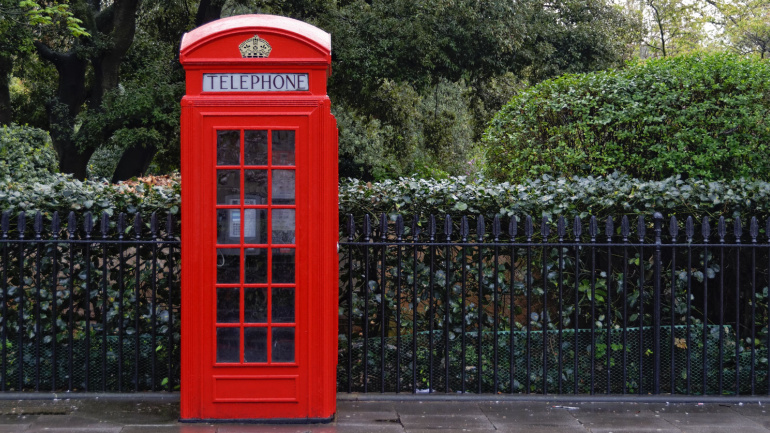The Advertising Standards Authority (ASA) has ushered in stricter guidelines on mid-contract price changes in telecommunications, increasing the burden of clarity for operators. Historically, telecom contracts often obscured potential price fluctuations, misleading customers with allusions of fixed prices. These deceptive tactics, often rooted in fine print legalese, have necessitated ASA’s initiative for more transparent advertising. With Broadband and mobile contracts especially susceptible to annual adjustments, providers must alert customers clearly about prospective changes.
A recent survey found that 85% of broadband and mobile consumers find annual price hikes unjust, adding the frustration that 87% believe they should be able to switch providers without penalty if such increases occur mid-contract. However, the reality presented by providers paints a different picture. These unexpected cost changes and fear of penalties for ending contracts prematurely have driven 62% of surveyed participants to consider switching providers immediately after unexpected price increases. This trend prompted a response from Ofcom for clearer pricing transparency, a call further championed by Uswitch and Which?. This has led to new guidelines by the UK’s Committees of Advertising Practice, aiming to ensure providers fully disclose potential cost changes to customers.
CityFibre’s new, True Gig provides a 1.2 Gbps wholesale service, aiming to clear the haze in UK telecommunications advertising and help ISPs deliver gigabit broadband services to their customers. This offering not only circumvents stringent advertising regulations but also supports CityFibre’s vision of an honest high-speed fibre network. The question posed is, will this clear the muddy waters of broadband advertising while promoting a fibre revolution in the UK?
The UK’s groundbreaking Online Safety Bill, focused on child protection and adult control, has recently been approved by Parliament. Despite optimism for its ‘game-changing’ potential, critics argue of potential privacy encroachments and inherent ambiguities.
Google has unveiled new regulations requiring political advertisers to conspicuously disclose their use of AI in campaign ads, effective this November. These rules apply to any political advertisements featuring “synthetic content” depicting realistic-looking individuals or events generated by AI. This move comes in response to the rising prevalence of digitally manipulated political ads. Google insists that these AI-enhanced ads must include a clear and noticeable disclaimer.
The EU’s strategic push under the Digital Markets Act has resulted in mega-tech firms Alphabet, Amazon, Apple, ByteDance, Meta and Microsoft being labelled ‘gatekeepers’. With this new classification, pivotal changes are expected in the realm of digital services for end-users and businesses. Crucial guidelines centering around data transparency, competitiveness, and platform interoperability must now be adhered to. On the other side of the coin, brands such as Samsung have evaded the ‘gatekeeper’ tag.
Delving into a recent decision by the Advertising Standards Authority (ASA), we uncover the reasoning behind a stop order on EE’s 5G-related adverts, which competitors said lacked clarity on EE’s claims to operate the ‘UK’s No.1 5G network’. Without fully revealing the specifics of this heated dispute, let’s dive into selected highlights of the adjudication, considering various past incidents and the industry’s ongoing dialogue surrounding telco advertising transparency.
In the short span since 5G’s inception, one of its most successful applications surprisingly isn’t smartphones, but Fixed Wireless Access (FWA) enhancing home broadband services. Currently dominating 90% of new US broadband subscriptions, this trend sparks intriguing implications. Yet, fiber broadband’s speed and dependability present a formidable challenge, set to increasingly permeate the market aided by ample public funding. Meanwhile, FWA’s flexible and user-friendly nature makes it a robust contender, particularly in areas where fiber is not feasible.
Witness the transformation of UK’s iconic red phone boxes as telecommunications giant BT empowers local communities to repurpose disused kiosks into practical assets. Adoptions through BT’s programme have evolved phone boxes into life-saving defibrillator stations, libraries or mini art galleries. As these kiosks brace for their centenary, BT gears up to offer a thousand more, sparking a fusion of tradition with communal ingenuity.
The UK’s Advertising Standards Authority recently adjudicated a dispute over the supposed misleading adverts of ISP, 6G Internet. The ASA ruled that the company name erroneously suggested the availability of non-existent 6G services. The decision underlines a recurrent issue of consumer confusion over service offerings in the telecommunications sector. Despite the controversy, 6G Internet has not indicated plans to adjust their brand name, possibly sparking inevitable customer confusion as the prospect of true 6G technology looms nearer.













